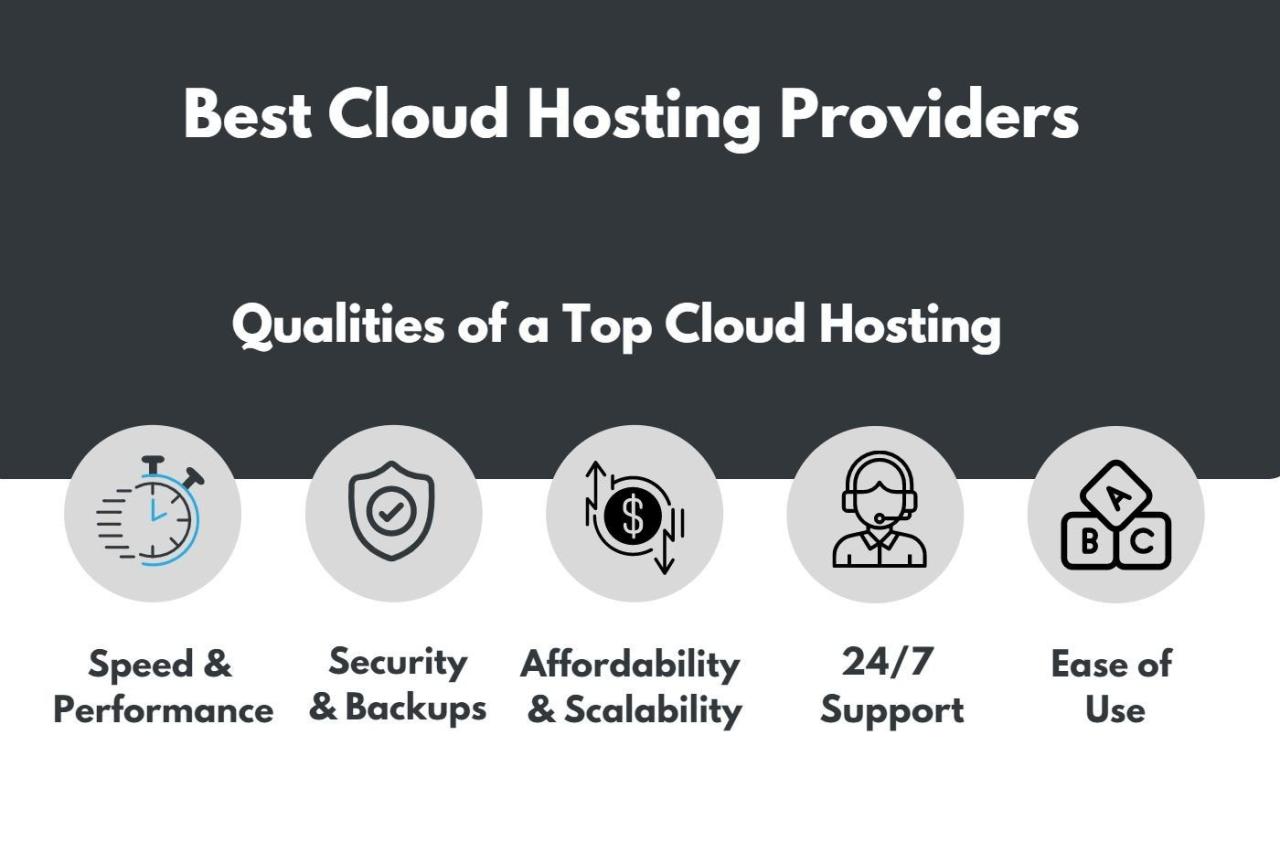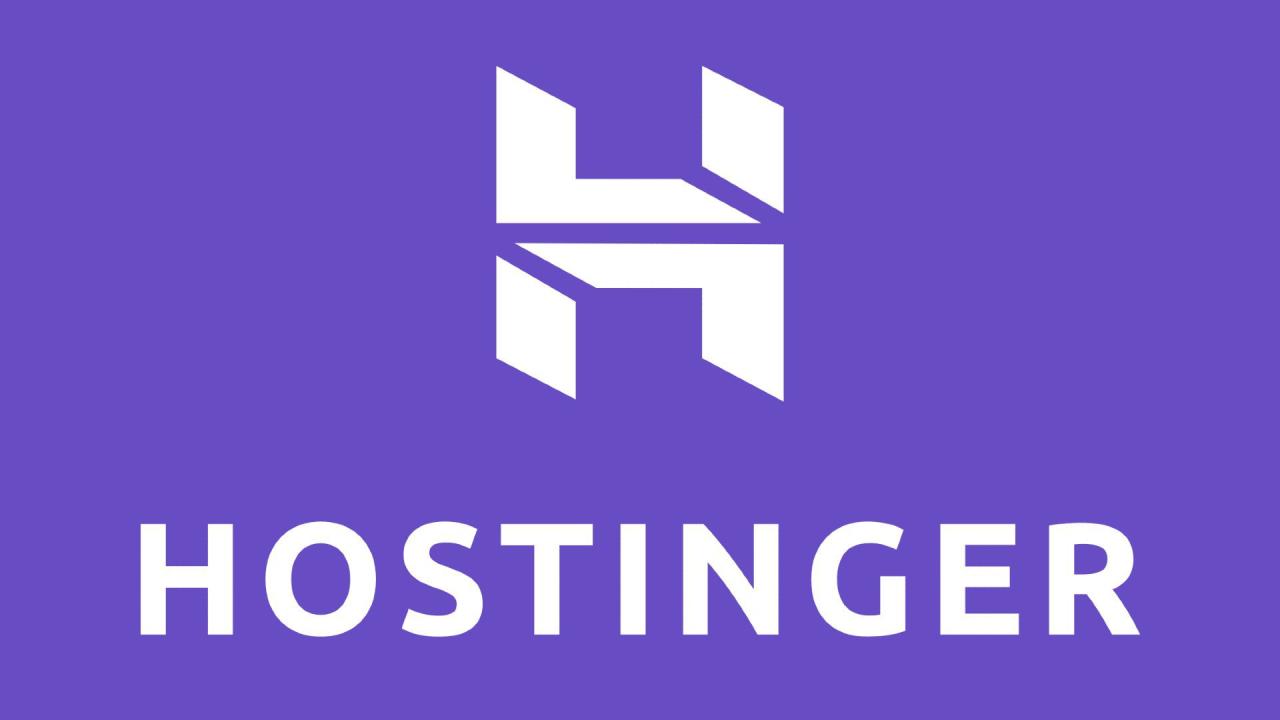Cloud web hosting services have revolutionized the way businesses and individuals manage their online presence. By leveraging the power of distributed computing, cloud hosting offers a dynamic and flexible platform for websites, applications, and data storage.
Unlike traditional hosting, where resources are confined to a single server, cloud hosting distributes workloads across a network of servers. This distributed architecture ensures high availability, scalability, and resilience, allowing websites to handle fluctuating traffic demands without performance degradation. The cloud’s elasticity allows users to easily adjust resources based on their needs, scaling up or down as required, eliminating the need for upfront investments in hardware and infrastructure.
Cloud Hosting for Mobile Apps

Cloud hosting plays a crucial role in the development and deployment of mobile applications. It provides a scalable and flexible infrastructure that can handle the demands of modern mobile apps, which often require high performance, availability, and security.
Benefits of Cloud Hosting for Mobile App Backend Infrastructure
Cloud services offer numerous advantages for mobile app backend infrastructure. These benefits streamline development, enhance performance, and improve the overall user experience.
- Scalability: Cloud hosting allows mobile apps to scale seamlessly based on user demand. As the number of users grows, cloud providers automatically adjust resources to ensure optimal performance. This eliminates the need for upfront investments in hardware and infrastructure, which can be costly and time-consuming.
- Cost-Effectiveness: Cloud services offer a pay-as-you-go pricing model, where you only pay for the resources you use. This eliminates the need for large upfront investments in hardware and infrastructure, making cloud hosting a cost-effective option for mobile app development.
- High Availability: Cloud hosting ensures that mobile apps are always available to users, even during peak traffic periods. Cloud providers maintain redundant systems and data centers, guaranteeing continuous operation and minimizing downtime.
- Security: Cloud providers invest heavily in security measures to protect mobile app data and user information. They offer advanced security features, such as firewalls, intrusion detection systems, and data encryption, ensuring a secure environment for mobile app operations.
- Global Reach: Cloud services have a global presence, enabling mobile apps to reach users worldwide with low latency and high performance. This is crucial for mobile apps that target a global audience.
Examples of Mobile Apps Utilizing Cloud Hosting
Numerous popular mobile apps leverage the benefits of cloud hosting for their backend infrastructure.
- Uber: Uber’s ride-hailing platform relies heavily on cloud services for its backend infrastructure, including user management, ride matching, payment processing, and location tracking. Uber uses cloud providers like Amazon Web Services (AWS) to ensure scalability and high availability for its platform.
- Netflix: Netflix, a leading streaming service, uses cloud hosting to deliver content to millions of users worldwide. Cloud services enable Netflix to handle the massive amount of data traffic and provide a seamless streaming experience.
- Airbnb: Airbnb, a popular vacation rental platform, relies on cloud hosting to manage user accounts, listings, bookings, and payment processing. Cloud services provide the scalability and reliability required to handle the platform’s global operations.
The Future of Cloud Hosting
The cloud hosting landscape is constantly evolving, driven by technological advancements and changing user demands. Emerging trends like serverless computing, edge computing, and artificial intelligence (AI) are poised to significantly reshape the future of web hosting. These innovations offer exciting opportunities for businesses to optimize their operations, enhance performance, and achieve new levels of scalability and efficiency.
Serverless Computing
Serverless computing is a cloud-based execution model where developers can run code without the need to explicitly provision or manage servers. This approach allows businesses to focus on building applications and services without the complexities of infrastructure management. Here are some key advantages of serverless computing:
- Cost-effectiveness: Businesses only pay for the resources they consume, making it an economical choice for applications with fluctuating workloads.
- Scalability: Serverless platforms automatically scale resources up or down based on demand, ensuring optimal performance and resource utilization.
- Faster Development: Developers can focus on application logic without worrying about server management, leading to faster development cycles.
Edge Computing, Cloud web hosting services
Edge computing brings computation and data storage closer to the end-user, reducing latency and improving performance. This approach is particularly beneficial for applications that require real-time processing and low latency, such as streaming services, gaming, and IoT devices.
- Reduced Latency: Processing data closer to the user significantly reduces the time it takes for requests to be processed and responses to be delivered.
- Improved Performance: Lower latency translates to a smoother and more responsive user experience.
- Enhanced Security: By processing data at the edge, sensitive information is less likely to be exposed to security threats.
Artificial Intelligence (AI)
AI is revolutionizing various industries, and cloud hosting is no exception. AI-powered tools and services are being integrated into cloud platforms to automate tasks, improve performance, and enhance security. Here’s how AI is impacting cloud hosting:
- Automated Infrastructure Management: AI algorithms can analyze system data to identify potential issues and proactively optimize resource allocation.
- Enhanced Security: AI-powered security solutions can detect and respond to threats in real-time, preventing data breaches and cyberattacks.
- Personalized Experiences: AI can be used to tailor cloud services to meet the specific needs of individual users, providing a more personalized and efficient experience.
Cost Considerations and Return on Investment: Cloud Web Hosting Services

Cloud hosting offers a flexible and scalable solution for businesses of all sizes. However, before making the switch, it’s crucial to understand the cost implications and potential return on investment (ROI).
This section delves into the cost structure of various cloud hosting plans, explores the potential ROI associated with cloud hosting, and provides strategies for optimizing costs and maximizing ROI.
Cost Structure of Cloud Hosting Plans
Cloud hosting providers offer a wide range of plans with varying features and pricing models. Understanding these different cost structures is essential for making informed decisions.
- Pay-as-you-go: This model charges based on actual resource consumption. You pay only for the resources you use, such as CPU, memory, and storage. This offers flexibility and cost-effectiveness for businesses with fluctuating resource needs.
- Reserved Instances: These plans provide discounted rates for long-term commitments to specific resources. You commit to using a certain amount of resources for a set period, often a year or more, in exchange for lower prices. This is ideal for businesses with predictable resource requirements.
- Spot Instances: These are short-term, discounted instances that are available when there is excess capacity on the cloud provider’s infrastructure. While they offer significant cost savings, they can be unpredictable and may not be suitable for mission-critical applications.
Potential Return on Investment (ROI) of Cloud Hosting
The ROI of cloud hosting can vary significantly depending on various factors, including the specific business needs, existing infrastructure, and implementation strategy.
The ROI of cloud hosting can be calculated by subtracting the total cost of cloud hosting from the total cost of traditional hosting, and then dividing the result by the total cost of cloud hosting.
- Cost Savings: Cloud hosting can eliminate the need for expensive hardware investments, maintenance costs, and IT staff.
- Improved Efficiency: Cloud hosting allows businesses to scale resources up or down as needed, reducing wasted resources and improving operational efficiency.
- Enhanced Security: Cloud providers offer robust security measures, reducing the risk of data breaches and other security threats.
- Increased Agility: Cloud hosting enables businesses to quickly deploy new applications and services, allowing them to respond to market demands and opportunities.
Strategies for Optimizing Cloud Hosting Costs
Several strategies can help businesses optimize their cloud hosting costs and maximize ROI.
- Rightsizing Resources: Regularly assess resource usage and adjust plans to match actual needs. Avoid overprovisioning, which can lead to unnecessary expenses.
- Leveraging Discounts: Take advantage of reserved instances, spot instances, and other discounts offered by cloud providers.
- Auto-Scaling: Implement auto-scaling features to automatically adjust resources based on demand, reducing costs during low-demand periods.
- Monitoring and Optimization: Continuously monitor resource usage and identify areas for optimization, such as inefficient code or processes.
Conclusive Thoughts
As the digital landscape continues to evolve, cloud web hosting services will play an increasingly pivotal role in shaping the future of online experiences. The benefits of scalability, reliability, and cost-effectiveness make cloud hosting an attractive option for businesses of all sizes. By embracing the power of the cloud, individuals and organizations can unlock new opportunities for growth and innovation in the ever-expanding digital world.
Cloud web hosting services offer a scalable and reliable solution for businesses of all sizes. Whether you’re running a simple website or a complex e-commerce platform, cloud hosting provides the resources you need to keep your site up and running smoothly.
And if you’re looking for some creative inspiration, check out these barbie crafts for some fun DIY projects. Cloud hosting can also be used to power online communities and forums, making it a versatile option for any online project.



